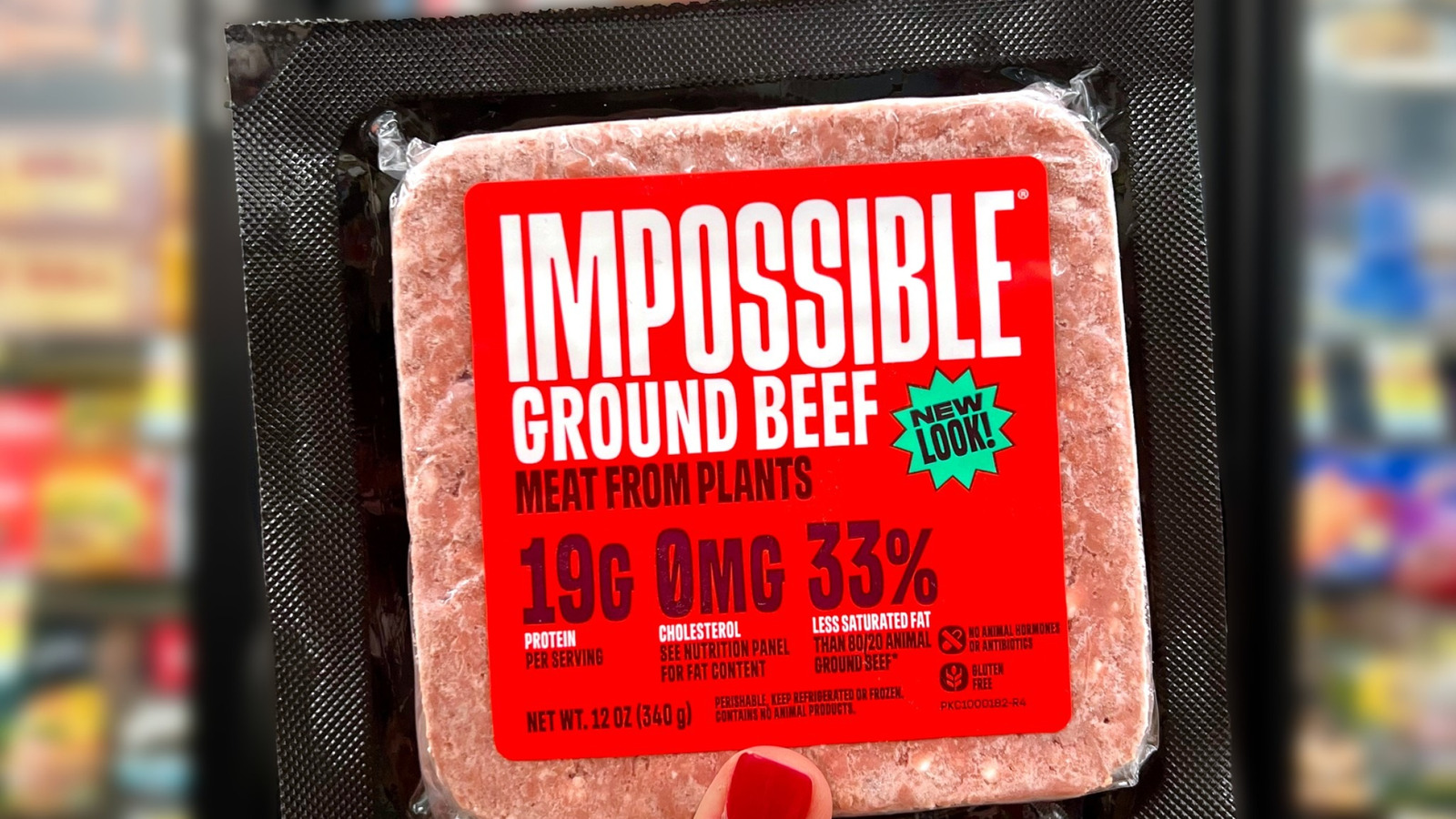At one point, it looked like it was all over for plant-based meat. A poor sales report in 2023 from Beyond Meat, often seen as a standard-bearer for the sector, sent plant-based into a tailspin. Some feared that meat alternatives were a flash-in-the-pan, destined to be forgotten.
Yet 2024 proved to be a different story. Despite ongoing challenging, including taste issues, lack of price parity, and consumer backlash against ultra-processing methods, sales picked up throughout the year.
Nevertheless, the sector is substantially different from how it used to be. Plant-based manufacturers have to contend with changing consumer preferences if they want to survive.
Old brands are suffering
Linda McCartney Foods is one of the oldest meat alternative brands on the market. Set up in 1991, by the late Linda McCartney, the brand predates the plant-based trend by several decades.
Quorn is even older, launched in 1985 after a period of experimentation reaching back to the 1960s.
However, both brands have been suffering a decline. According to companies accounts from last year, Quorn’s revenues have declined by 6.9% from £220m in 2021 to £204.9m in 2023, with sales dropping to levels not seen since 2017.
Meanwhile Hain Celestial Group, the parent company of Linda McCartney, saw a year-on-year net sales decline of 11% in Q3 last year, after which its CEO departed.
Why is it that some brands, such as these two veterans of the meat-free alternative world, have experienced such losses?
“We have generally found taste to be the most important success factor for plant-based foods in retail and food service. All companies need to ensure that their products are as tasty if not tastier than their meat counterparts,” says Gemma Tadman, business communications manager at ProVeg International. Though she stresses that ProVeg could not comment on the above two brands directly.
“Newer brands have come along and invested heavily in taste and texture and competition is fierce. At the end of the day, the consumer will go for what they think is the tastiest product.”
A changing market
Despite these old brands experiencing difficulties, newer brands have not faced such challenges.
For example, UK brand THIS, which was founded in 2019, has seen success. Despite struggling to reach profitability, it has been highly successful in terms of sales. At the end of 2023, it had seen a sales increase of 47%.
Moving Mountains, which was founded in 2016, has also seen sales success, reporting a 30% month-on-month sales increase in 2021 to start-up website Sifted.
According to ProVeg’s Tadman, such success could be linked to an awareness of current trends and responding to them.
“These companies are adapting as consumer demands and preferences change. For example, we are now seeing more demand for wholefoods and wholefood-inspired products, as well as products that are less processed or at least appear less processed.
“THIS has listened and just launched a Super Superfood block, while Moving Mountains has just launched a superfoods range – both non-meat mimics. Consumer demands are evolving to want more than meat mimics, but products that also put vegetables front and centre and have less processing.”
Success in plant-based often relies on understanding one’s audience, explains Helen Breewood, senior market and consumer insights manager at the Good Food Institute.
“To enable more people to act on their intentions and adopt healthier, more sustainable diets, plant-based brands need to understand the segment they are trying to reach and clearly communicate how their product meets that group’s needs, from losing weight or building muscle to providing affordable family meals.”


